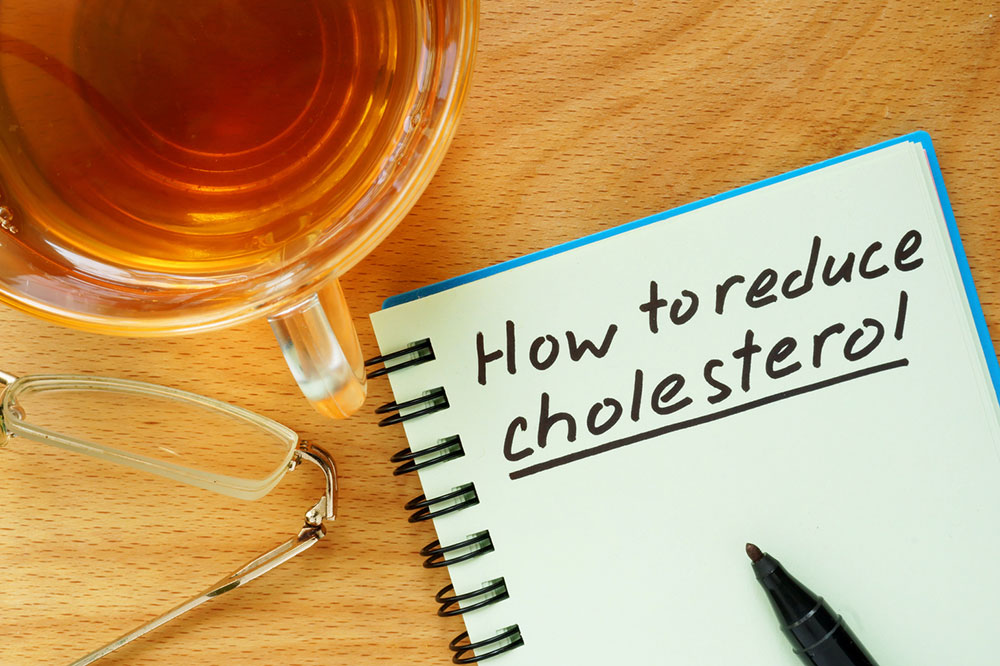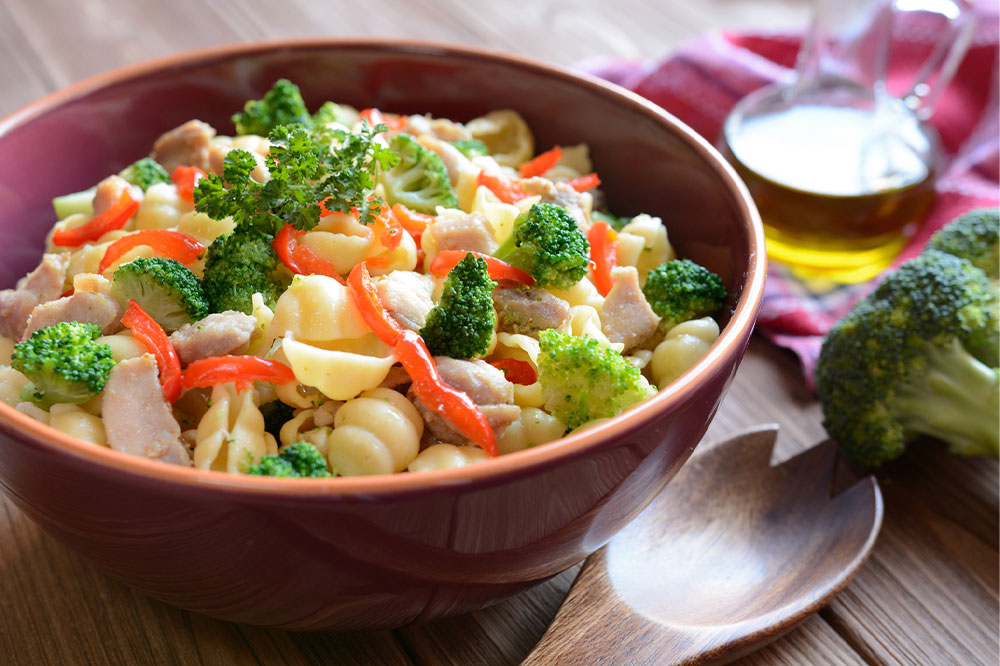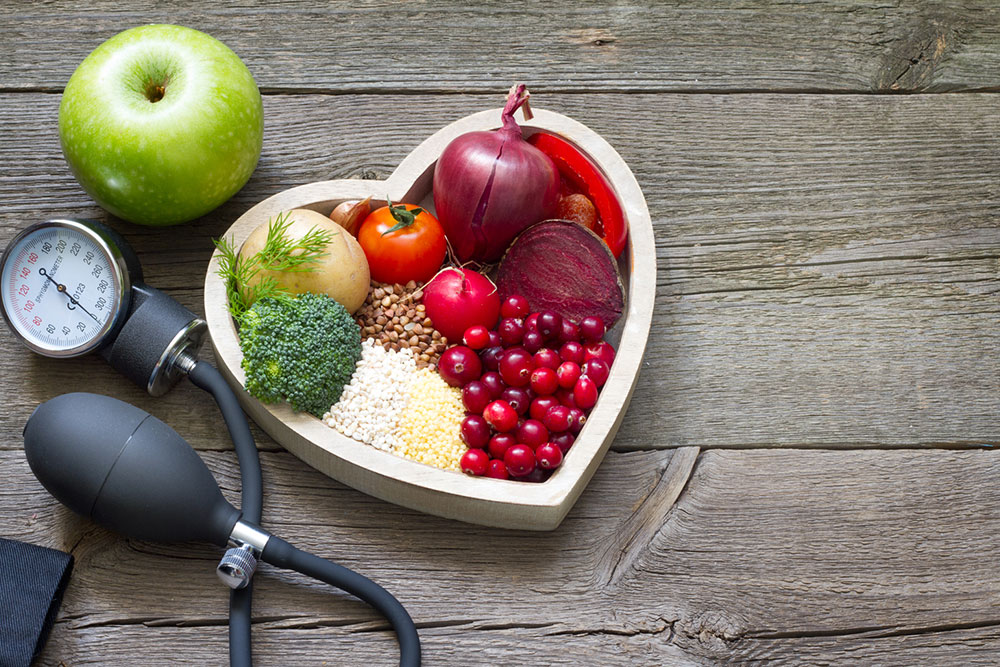Alternative Strategies for Managing High Cholesterol Levels
Discover effective alternatives to statins for controlling high cholesterol, including medication options, dietary changes, and exercise routines. Learn how natural foods like spinach, avocado, and oats, along with lifestyle modifications, can support heart health. Always consult your healthcare provider before starting new treatments for personalized guidance and safety.

Alternative Strategies for Managing High Cholesterol Levels
While statins are commonly prescribed to reduce elevated LDL cholesterol, some individuals experience side effects or limited effectiveness, especially if genetic factors are involved. Fortunately, there are various alternative treatments and lifestyle modifications that can help manage cholesterol levels effectively.
Explore the different options available beyond statins that can assist in maintaining healthy cholesterol numbers.
Medications
Bile acid sequestrants— These drugs bind to bile acids in the intestines, promoting their excretion via stool. As bile acids decrease, the liver compensates by extracting more cholesterol from the bloodstream, reducing LDL levels. Common options include colestipol, cholestyramine, and colesevelam.
Ezetimibe— This medication inhibits intestinal absorption of cholesterol by blocking specific proteins. It decreases the amount of cholesterol reaching the liver and prompts the liver to draw cholesterol from the blood, effectively lowering overall levels.
Vitamin B3 (Niacin)— Known for increasing HDL (good cholesterol) and reducing triglycerides, niacin also hampers triglyceride synthesis and LDL particle production. Though less potent than other options, it is often used to help regulate cholesterol while minimizing statin side effects.
Fibrates— These drugs lower the production of VLDL particles in the liver and enhance triglyceride clearance. Drugs like gemfibrozil, fenofibrate, and clofibrate are typical examples.
Omega-3 Fatty Acids— Found in fish and flaxseed, omega-3s are effective in increasing HDL levels and reducing triglycerides. Supplements can be an additional option for managing cholesterol.
All these medications can have side effects and interactions; therefore, consult your healthcare provider before starting any alternative treatment.
Dietary Adjustments
Diet plays a crucial role in managing cholesterol levels. Focus on consuming foods low in unhealthy processed fats and sugars. Incorporate natural fat sources that are less likely to raise cholesterol, as the saturated fat myth has been debunked repeatedly.
Spinach— Rich in lutein, spinach helps prevent cholesterol buildup by protecting arteries from clogging.
Avocado— Contains beta-sitosterol, which blocks cholesterol absorption from food.
Dark Chocolate— Rich in antioxidants, it helps prevent artery clogging. Opt for above 70% cocoa content.
Olive Oil— A healthy fat that reduces arterial cholesterol absorption when used in cooking.
Beans— High in fiber and monounsaturated fats, beans promote cholesterol reduction.
Tea— With antioxidant properties, it helps lower blood lipids and combat oxidative stress.
Garlic— Contains molecules that inhibit plaque formation in arteries.
Red Wine— Moderate consumption offers antioxidants like resveratrol, which protect arteries.
Oats— Contain beta-glucan, a soluble fiber that absorbs LDL cholesterol.
Physical Activity
Regular exercise is vital for maintaining healthy cholesterol levels. Start with low-impact activities such as brisk walking or gardening, then gradually increase intensity with jogging, swimming, cycling, or sports like tennis. Strength training also enhances metabolism and can serve as a statin alternative.
By combining these dietary, lifestyle, and medical strategies, you can effectively manage high cholesterol and improve your overall heart health.










